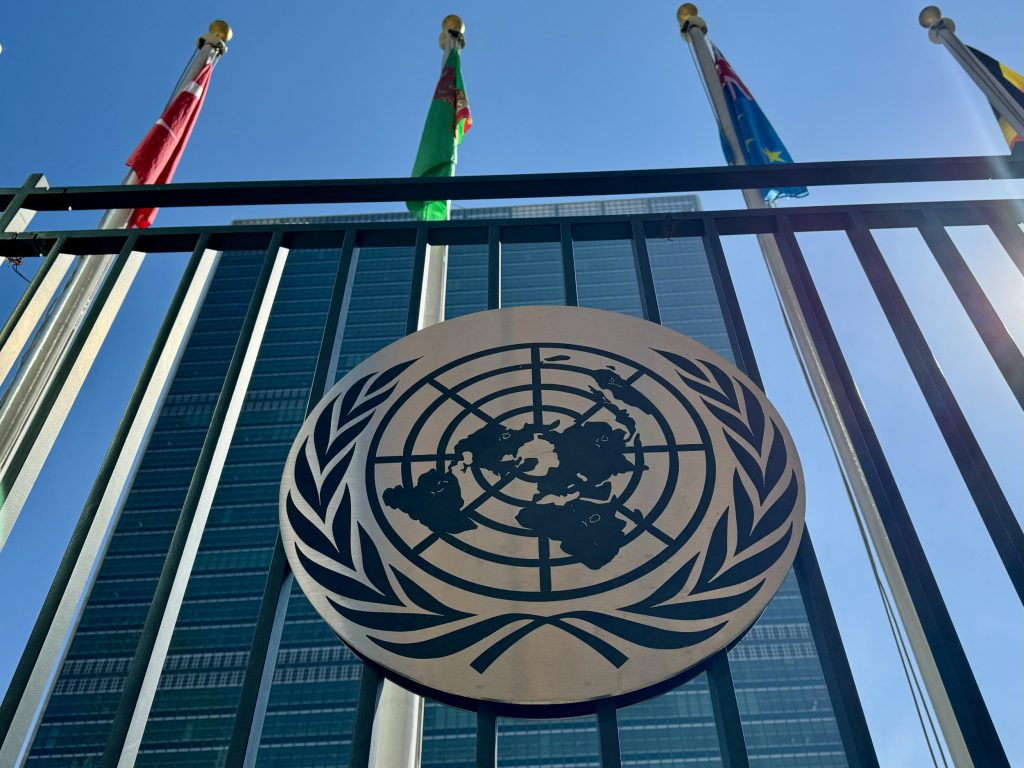The United Nations has called on Nigeria to take a strategic approach and allocate sufficient resources towards achieving Sustainable Development Goal 5 (SDG 5), which focuses on gender equality. This goal is viewed as a critical catalyst for the broader 2030 Agenda for Sustainable Development.
During a Dialogue on Financing Gender Equality and Women’s Empowerment in Abuja, UN Resident and Humanitarian Coordinator in Nigeria, Mohammed Fall, highlighted the importance of gender-responsive budgeting in ensuring adequate financing for the SDGs. The event, themed “Closing the Gender Gap: Financing Solutions for SDG 5,” revealed that Nigeria is currently off-track on nearly 60% of the SDG indicators, with gender inequality and the marginalisation of women and girls posing significant obstacles to progress.
He further urged reflection on the current progress towards the SDGs, acknowledging the challenges but emphasising that they are not insurmountable. By harnessing the transformative potential of SDG 5 and adopting gender-responsive budgeting practices, Nigeria can make substantial strides towards closing the gender gap and fostering a more equitable, inclusive, and prosperous society.

Mr Fall noted that women and girls in Nigeria continue to face disproportionate levels of poverty, limited access to education and healthcare, and significant barriers to economic participation and decision-making. He also highlighted the prevalence of gender-based violence, affecting nearly one in three women, and the underrepresentation of women in Nigeria’s national parliament, where they comprise less than 5% of members.
Within the UN system, gender equality and the empowerment of women and girls are embedded in the United Nations Sustainable Development Cooperation Framework (UNSDCF) and are central to all strategic pillars, underscoring the collective commitment to mainstreaming gender perspectives into all areas of work.
UN Women Country Representative to Nigeria and ECOWAS, Ms Beatrice Eyong, emphasised that the dialogue provided a platform for exploring innovative financing strategies, sharing best practices, and forging partnerships to advance gender-responsive policies and programmes.
Adejoke Orelope-Adefulire, Senior Special Assistant to the President on SDGs, acknowledged that declining government revenues have constrained financial flows towards Nigeria’s development. However, efforts are underway to overcome these challenges and achieve the desired outcomes.
Reports indicate that, as of 2021, Nigeria’s National Development Plan (2021-2025) required a total investment of N348.1 trillion, with the public sector expected to contribute N49.7 trillion and the private sector financing the remaining N298.3 trillion.
As the 2030 deadline for the SDGs approaches, stakeholders stressed the importance of robust monitoring and evaluation to ensure progress.


